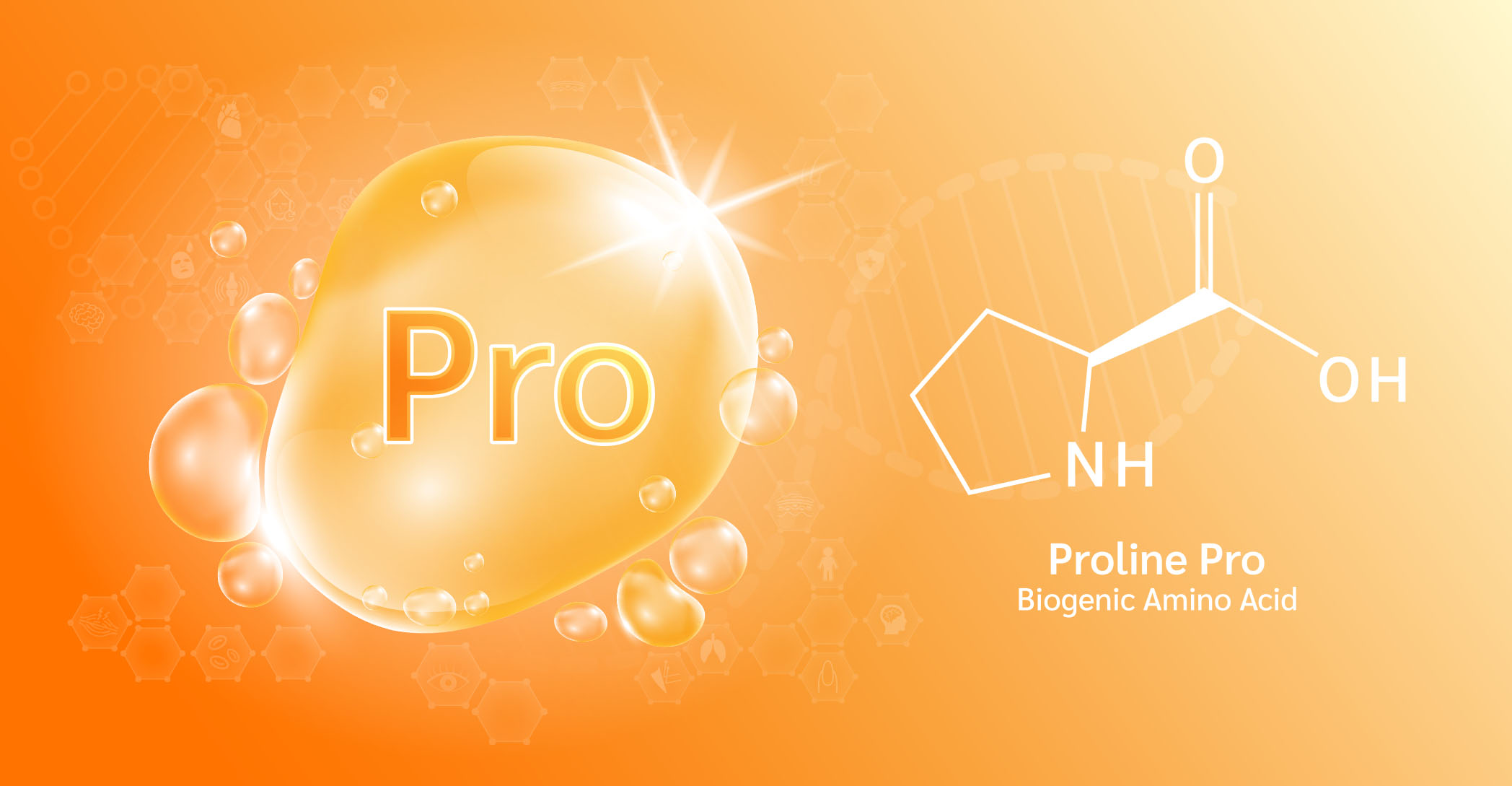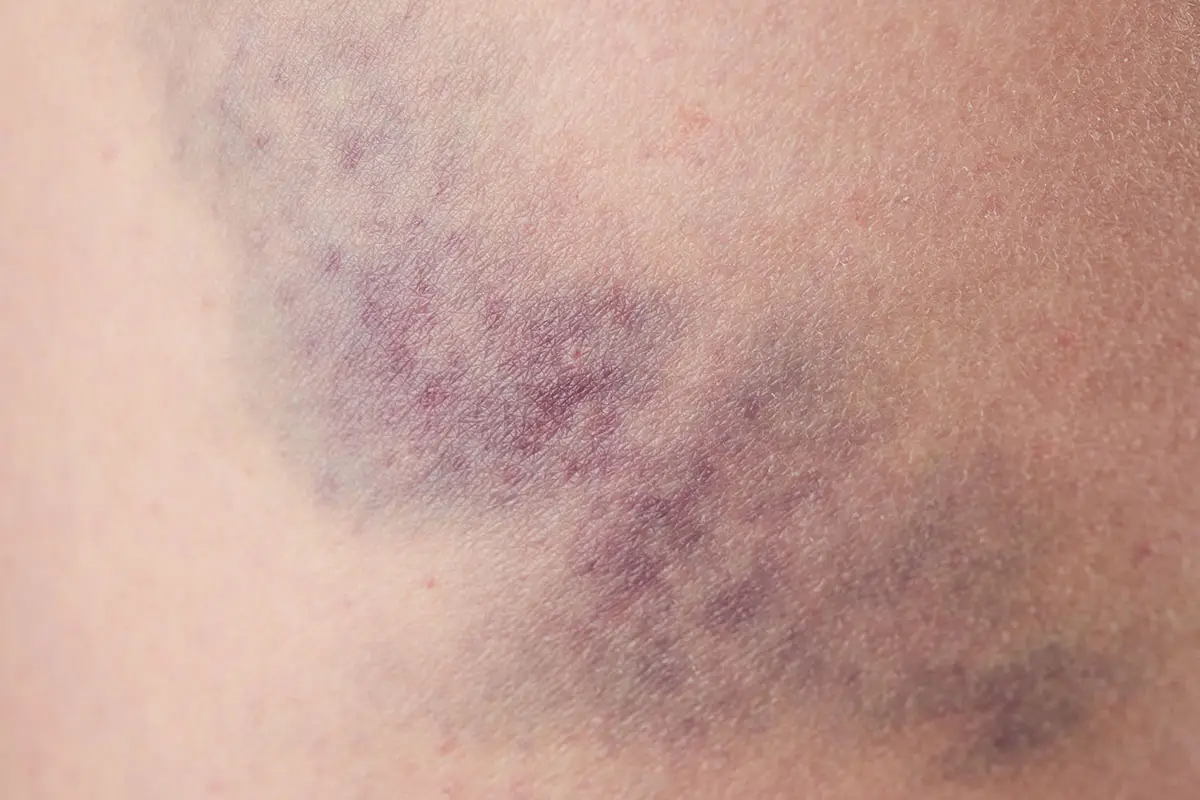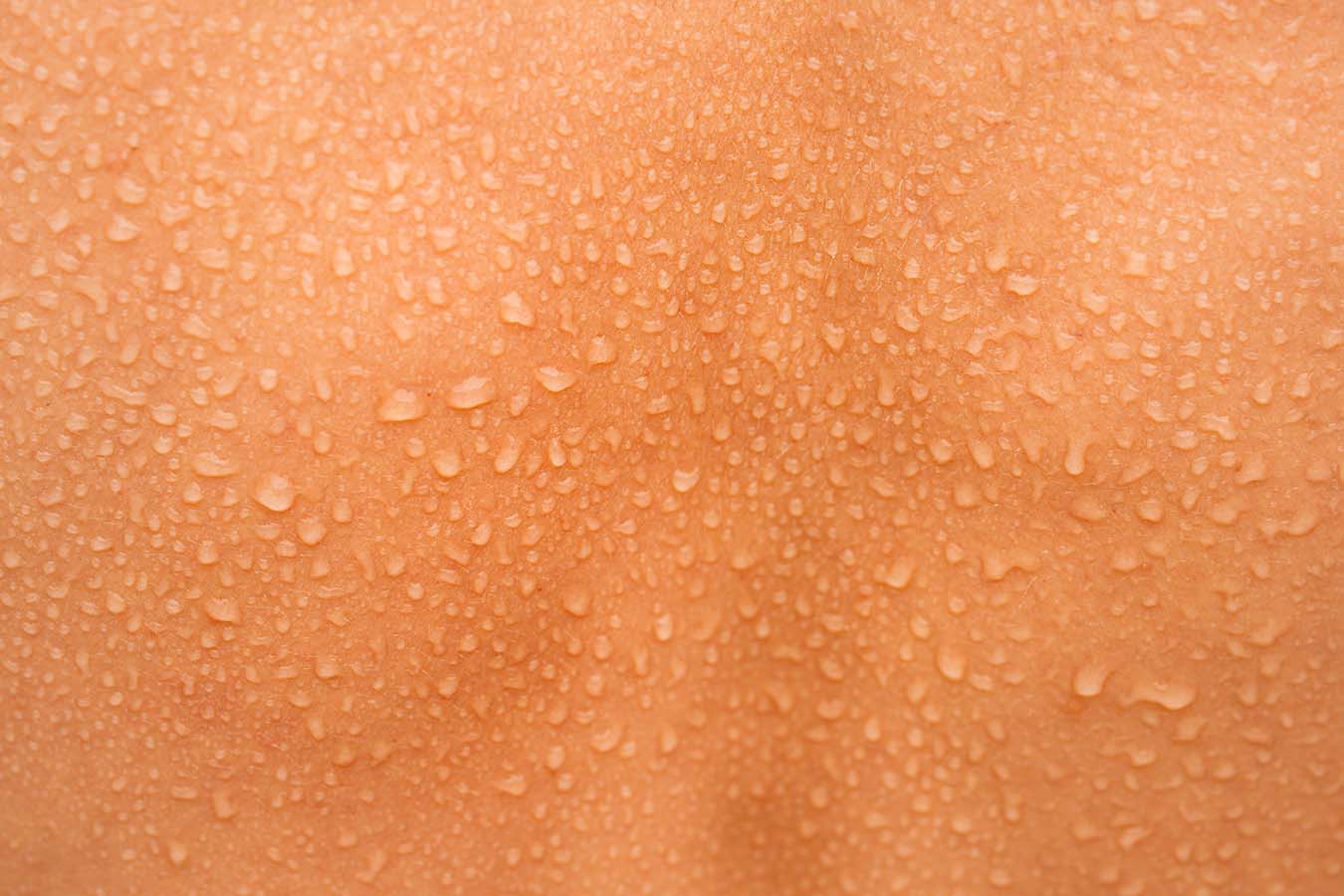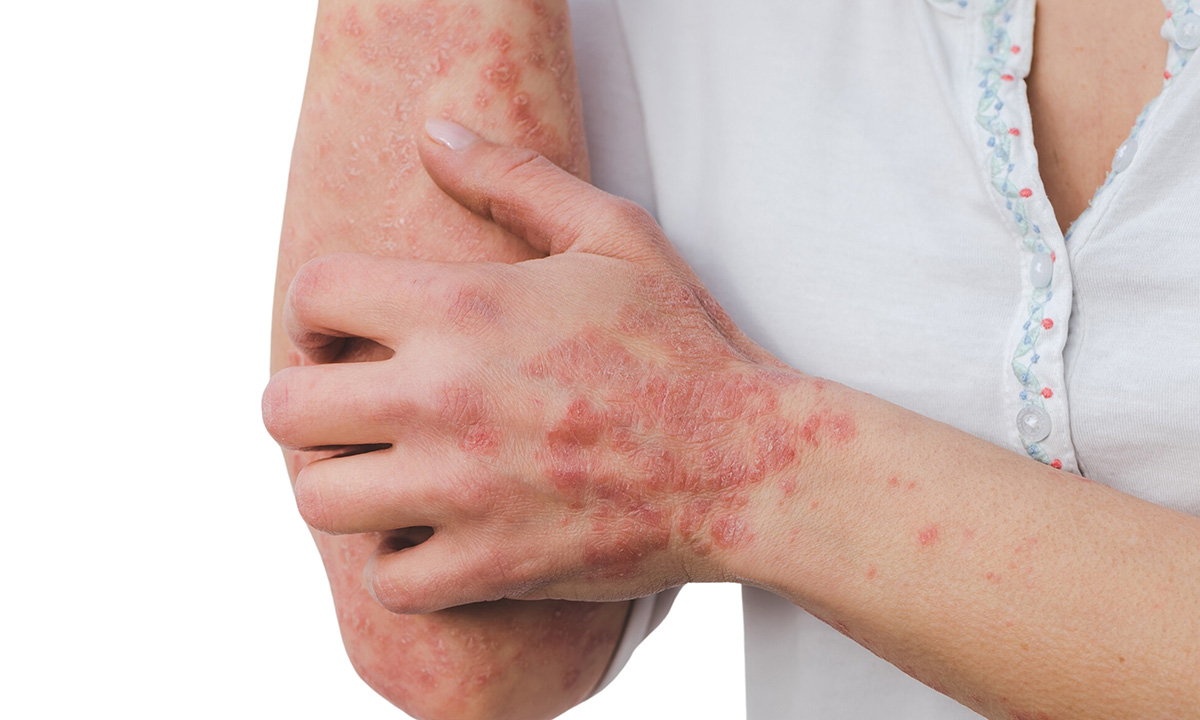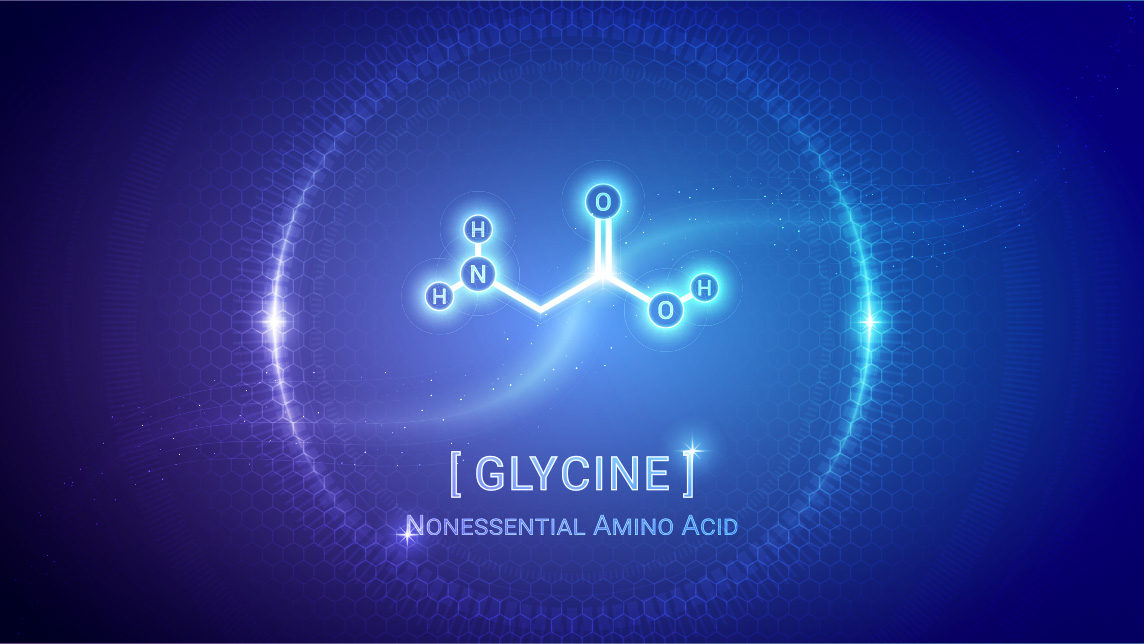

Unfortunately, many people struggling with eczema have come to believe that anti-aging products simply aren’t for them because of the unwanted side effects they tend to have on their skin. The truth is, though, that as long as you know which ingredients to stay away from and which to look for, you can be well on your way to achieving a smoother, younger-looking complexion without worsening your eczema symptoms. Here’s what you need to know.
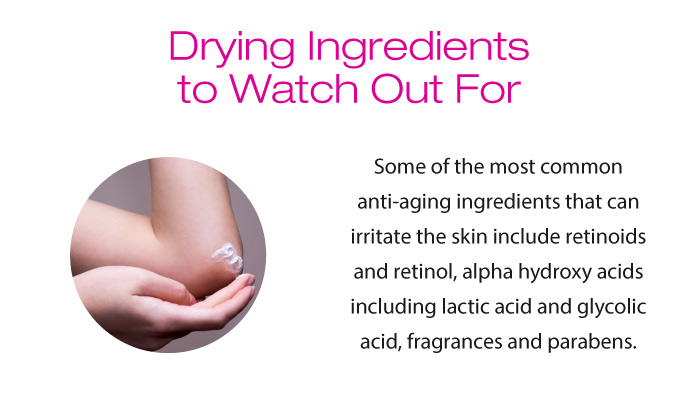
Many traditional anti-aging creams contain ingredients that are well-known to cause dryness, irritation, and flaking, even on normal or resistant skin types. For those with eczema, then, it’s even more important to stay away from these ingredients that could trigger a flare-up. Some of the most common anti-aging ingredients that can irritate the skin include:
These ingredients are known to overly dry the skin, which is the opposite of what people with eczema–a chronically dry, flaky skin condition–want to do [1]. If you’re currently using anti-aging or other skin care products that contain the above ingredients, consider taking them out of your daily routine and see if you notice an improvement in your skin’s condition.
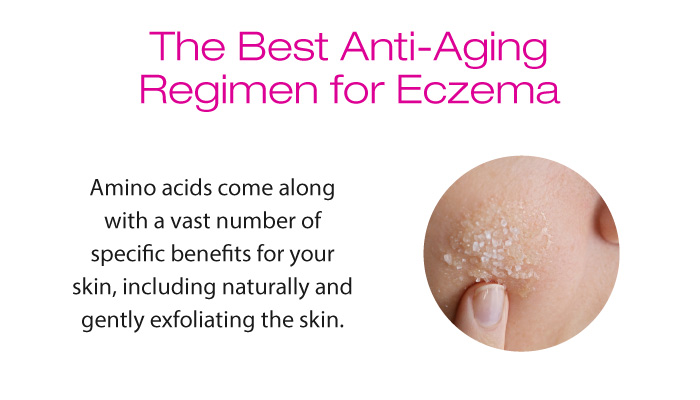
Just because your skin tends to be dry, flaky, or itchy doesn’t mean that you can’t use products to reduce the appearance of lines, wrinkles, and other signs of aging. The key is to simply know which ingredients to look for to not only get rid of wrinkles but also improve skin hydration, restore proper barrier function, and help keep the skin protected from future damage. To reap all of these benefits at the same time, look for free-form, bioavailable amino acids in your skin care products. Amino acids are excellent ingredients for people with eczema and sensitive skin for a variety of reasons. First, because these molecules are already naturally present in your skin and play key roles in many of its functions, amino acids won’t cause irritation, dryness, flaking, or other adverse side effects. In fact, they are even considered safe and gentle enough to be used on infants’ skin [2]. Next, amino acids come along with a vast number of specific benefits for your skin, including:
Truthfully, your skin can benefit in all of these different ways by simply adding the right formulation of amino acids to your regular skin care routine. In fact, your skin care regimen can consist of a cleanser, moisturizer, and anti-aging cream or serum that all contain amino acids in order to nourish, hydrate, and protect your skin for long-lasting results.
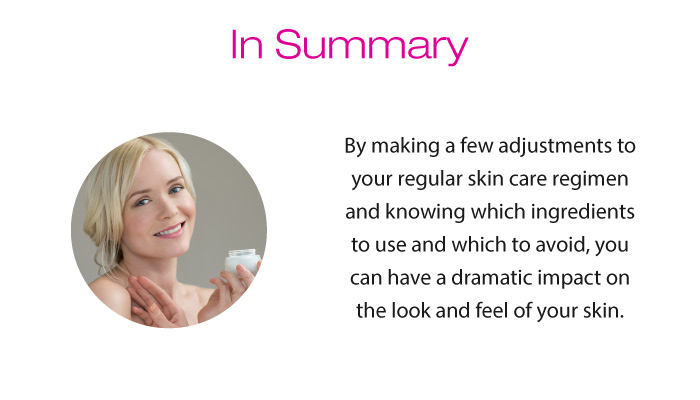
Don’t let dry, red, or irritated skin keep you from getting the radiant, youthful-looking complexion you’re after. By making a few adjustments to your regular skin care regimen and knowing which ingredients to use and which to avoid, you can have a dramatic impact on the look and feel of your skin. If you’d like to learn more about what makes amino acids in skin care so effective and safe for even the most sensitive skin types.

